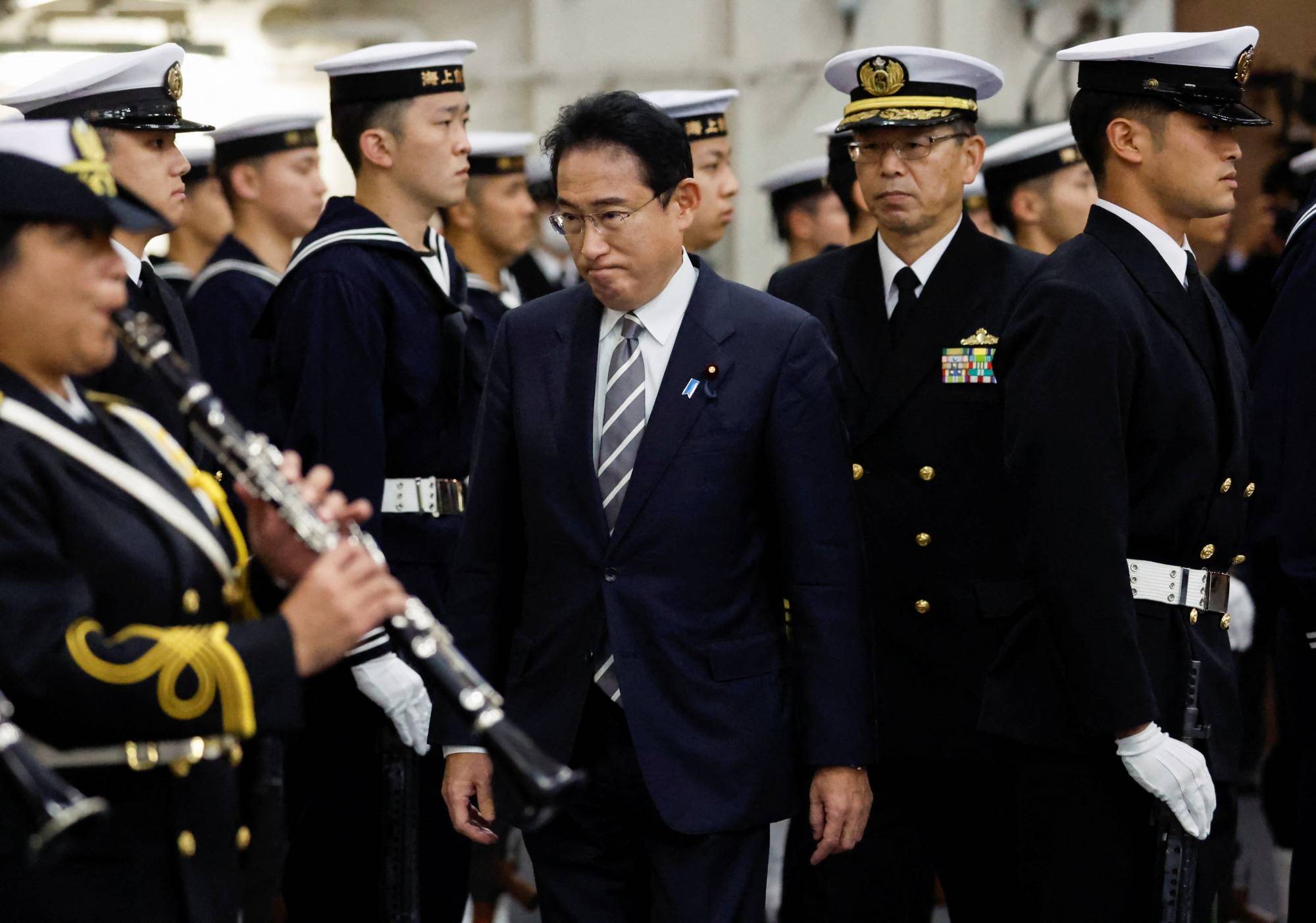
Decoding the New National Security Policy of Japan
Sun, 29 Jan 2023 | Reading Time: 4 minutes

Japan is facing the worst security environment since the end of World War 2 in 1945. China’s unprecedented military modernization program has placed significant maritime pressure on the Senkaku islands in the East China Sea. North Korea is continuing to pursue its nuclear programme and the development of its ballistic missiles has persisted under Kim Jong-un’s regime without any checks and balances. On the other hand, Russia’s declaration of Japan as an “unfriendly country” and stepping up its military activities which go against the Japanese Interests has become yet another concern. A national security policy, a defence strategy and a strategic defence build up program of Japan, together has shattered a number of norms that had been in place, which had constrained Japan’s geopolitical role as a pacifist state, under the umbrella of the US security guarantees.
Key Elements of Japan’s National Security Policy.
- The initiation of four key strategic objectives:-
-
- Strengthening the Diplomacy.
- Building a comprehensive defence architecture.
- Protecting territorial integrity and maritime security.
- Strengthening the cyber security intelligence, counter terrorism intelligence capabilities with robust terrorism capabilities and revitalizing the C4I (Command, Control, Communication, Computers and Intelligence) which is popularly known as the holy foursome of National Security.
- China has been seen as a primary security challenge facing the Japanese.
- Doubling of defence spending upto two percent of the GDP for the first time since world war two, over the next five years. This means that an additional $315 Billion would be spent on defence annually.
- The core defence budget is to increase by over 60%, wherein a significant rise can be seen in the civilian R&D with strategic and national security implications.
- Russia-Ukraine war leading to sudden realization that a conventional infantry and artillery driven wars are possible.
- Development of counter strike capability, that includes the use of long range precision strike cruise missiles aimed at targeting the military infrastructure deep inside an adversary’s territory.
- A closer US-Japan defence collaboration can be witnessed because of this policy change, wherein Japan will become US’s key defence ally in East Asia.
- Japan’s Nuclear Principles adopted in 1967, which included Non Possession, Non Production and Non Introduction, has been sublimely nullified with the emergence of these unprecedented policy changes.
- Stabilizing the use of outer space and improving the technological capabilities which would aid for developing satellites dedicated to defence.
- Seeking partners for fostering peace and stability in the international community, in which India is seen as a favorable partner consisting of universal values and strategic interests.
The main reason for this unprecedented paradigm shift in the Japanese policy happens to be the realization in Japan’s strategic and national security community that, if there can be an all out conventional war between Russia and Ukraine in the European front, a conflict of such scale and magnitude can certainly occur in the East Asian front. The recent tension in Taiwan, with the Chinese threat of an invasion, has kept Japan in an alert mode. As the Japanese see the safeguarding of Taiwan’s defences as integral to their own defences, they have plunged into developing long range missile capabilities, to essentially deter China. It is being said by the strategic observers across the world that, both in defence spending and fire power, Japan will become the third strongest military force in the world by 2027, and would spend more than India in the defence sector.
These changes have gathered broad Japanese public support in the present times. In the past, there have been changes to the Japanese defence policy, and they tended to be controversial and generated a lot of opposition domestically. The reason for the opposition was the policy of non aggression and pacifism followed by Japan. The Yoshida Doctrine; propounded by former the Prime Minister of Japan, Mr. Shigeru Yoshida in 1948, said that Japan should focus on its economic development to become a major economic power in the world. It should use its economic diplomacy to project its power and influence globally, while its defence would be taken care of, by the American military umbrella. But over the past three decades, since the end of cold war, there has been a significant change in the political psyche and public opinion in Japan. A realist perspective of interpreting the changes in the world order has become quite prominent, in the public domain, and the pacifist trend based on idealism has seen a systematic decline.
Japan has understood the growth of a sphere of influence in the international order. A sphere of influence, although is related to hegemony, but is not as strong as the imposition of the hegemonic power. A sphere of influence exists when a powerful state molds the policies of another state without directly controlling its government. The threat of successful intervention, making or unmaking governments in its sphere, keeps rulers submissive to the powerful state. Close proximity, physical access (such as military bases or the open sea), economic dependence, local officials and military officers on the payroll, and formal alliances help to maintain the sphere of Influence. Major Powers create and maintain spheres of influences for their security, economic well being and often for boasting the international prestige. In this context, it’s obvious that China is trying to establish its sphere of Influence around Japan, rather than directly imposing its hegemony as it realizes the hard power limitations that Japan possesses. Therefore keeping the Japan’s national security at bay happens to be the key motive of China.
Prominent strategic scholar and former advisor to Shinzo Abe, Mr. Tomohiko Taniguchi, said in a TV interview, “Tensions have already been escalated by China; it’s a daily phenomenon that China is conducting cohesive action around the Japanese territorial waters and Russia is also building its capacities on the eastern front. Its (defence policy changes) is a belated response, and much more needs to be done”. This indicates the fact that the Japanese establishment has clearly charted a new course.
Disclaimer
The opinions expressed in this article are the author’s own and do not reflect the views of Chanakya Forum. All information provided in this article including timeliness, completeness, accuracy, suitability or validity of information referenced therein, is the sole responsibility of the author. www.chanakyaforum.com does not assume any responsibility for the same.
Chanakya Forum is now on . Click here to join our channel (@ChanakyaForum) and stay updated with the latest headlines and articles.
Important
We work round the clock to bring you the finest articles and updates from around the world. There is a team that works tirelessly to ensure that you have a seamless reading experience. But all this costs money. Please support us so that we keep doing what we do best. Happy Reading
Support Us






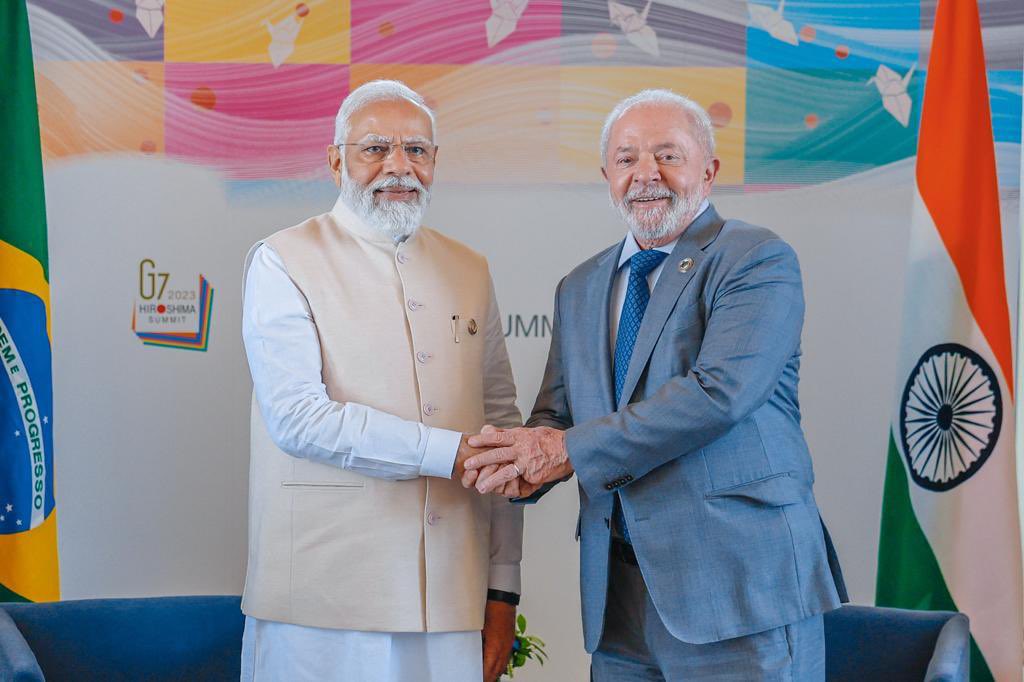

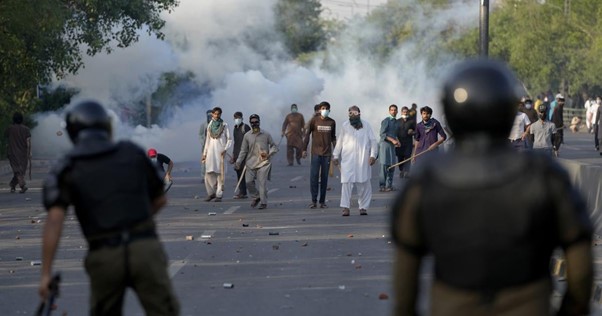

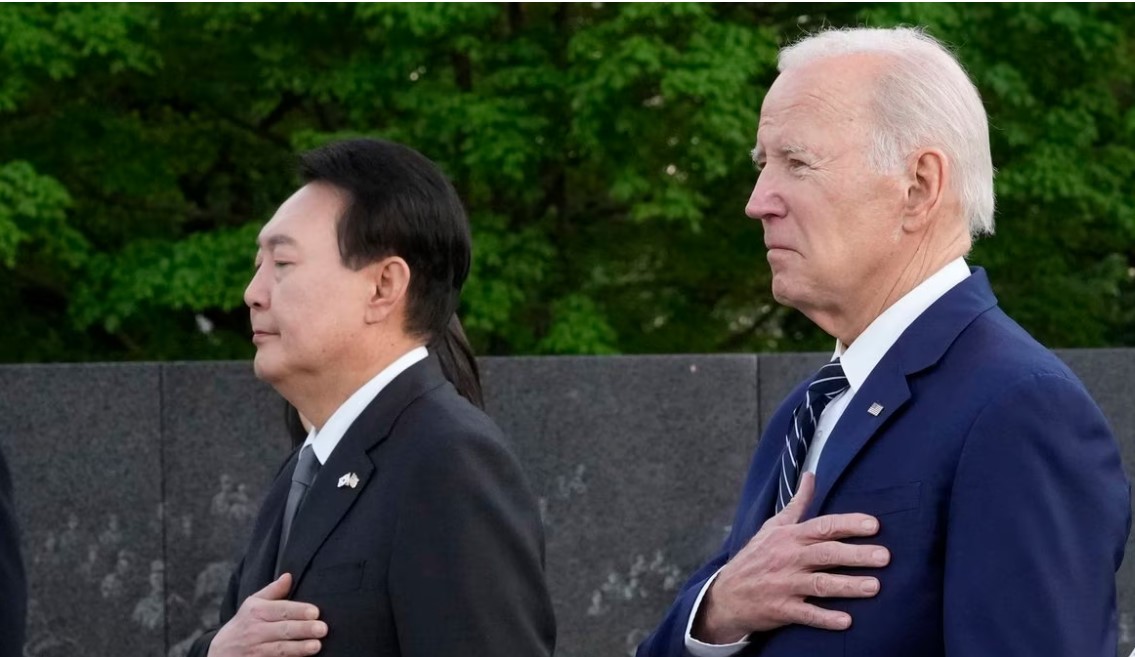


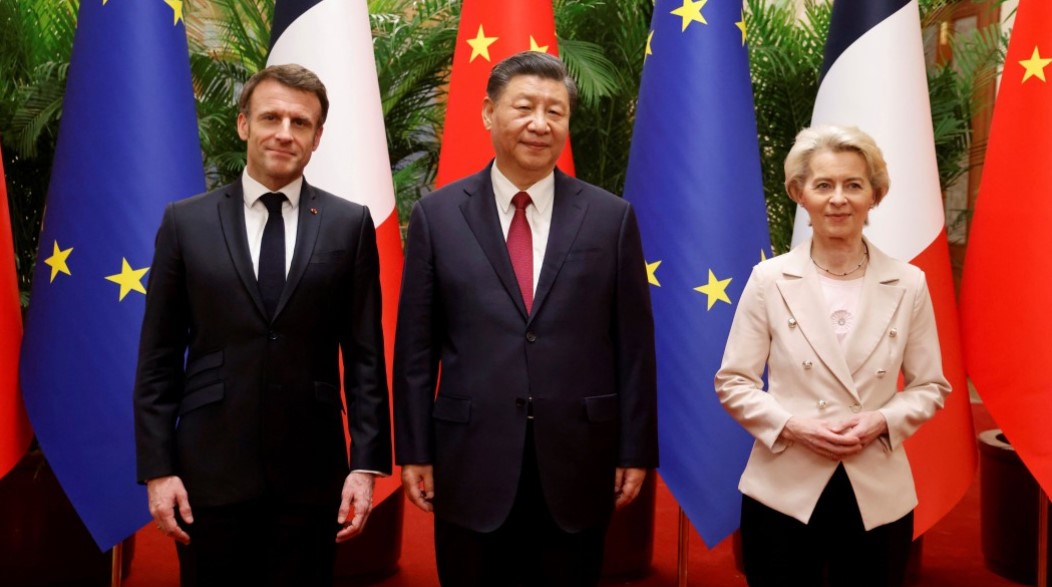
POST COMMENTS (0)